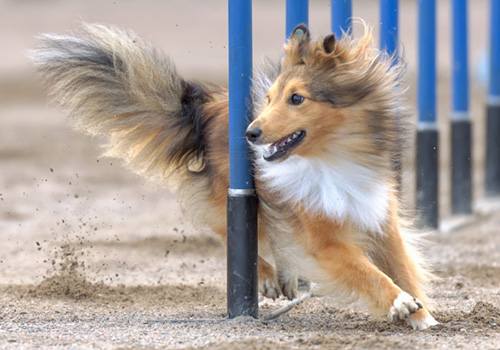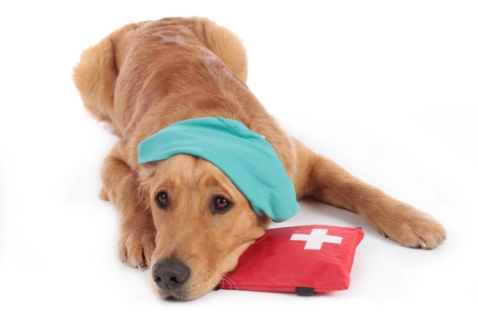Genetic Illnesses
Pedigree dogs are a result of selective, restrictive breeding for characteristics that are “aesthetically pleasing” of a particular breed. Unfortunately, these practices have resulted in breeds with associated genetic diseases which can have serious impacts on the health and welfare of these animals.
Responsible breeders will screen potential breeding dogs for illnesses and issues such as hip dysplasia and syringomyelia to minimise the possibility of these diseases being passed onto their puppies. Bad breeders, who focus on profit, do not bother to screen their dogs for poor genetics.
So what kind of genetic problems can a dog suffer from? That will depend on what breed you have but here are three examples:

Miniature Poodles
Miniature Poodles can suffer from a wide range of hereditary diseases including: optic nerve hypoplasia which effects the eye and can lead to blindness in one or both eyes; joint disorders such as patellar luxation (“loose kneecaps”) and Legg-Calve-Perthes (LCP); and blood disorders, allergies, epilepsy, and many others.

Cavalier King Charles Spaniels
Cavalier King Charles Spaniels can suffer from a disease called syringomyelia where the skull size is too small for the brain, leading to severe pain and neurological problems. They can also suffer from severe breathing problems due to brachycephalic “short nose” obstructive airway syndrome (BOAS), valvular heart disease, hip dysplasia and deafness. BOAS is also very common in some breeds of bulldogs, most notably French Bulldogs.
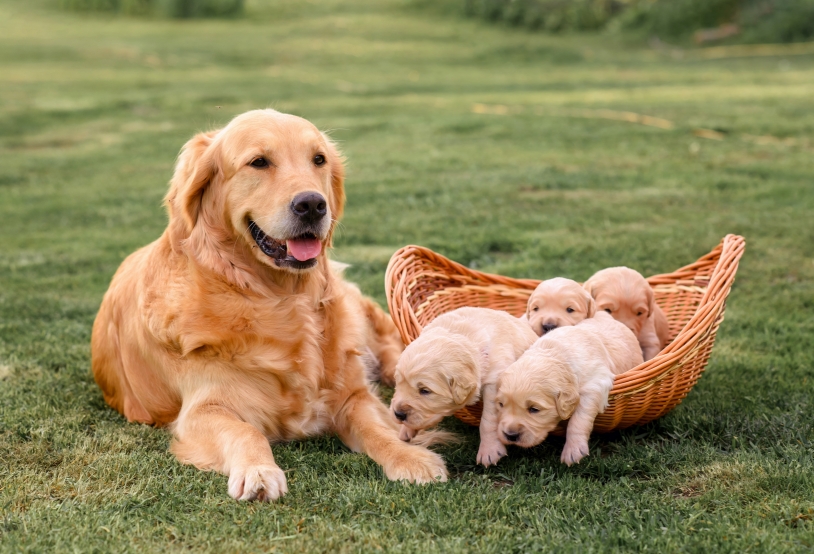
Golden Retrievers
Golden Retrievers can suffer from hip dysplasia, where the hip joints of a growing puppy do not develop properly. This eventually causes chronic joint pain and disability which may require long-term medication or even surgery. Goldens are also prone to getting cancer, digestive disorders, epilepsy, skin disease, other joint problems e.g. elbow dysplasia and heart disease.
Hybrid Vigour
Mongrels are often genetically superior to their pure bred cousins. This results from ‘Hybrid Vigour’ which is where the best genes from their varied parentage are passed down, making them healthier and more resistant to disease.
Mongrels are also generally tougher and more adapted to life in Hong Kong. Many pedigrees – such as Siberian Huskies with their arctic coats and Bulldogs with their narrow airways – are just not suited to the climate here.
With so many mongrels available at the SPCA, why not consider adopting one of these often genetically superior animals and provide them with the loving home they so deserve?
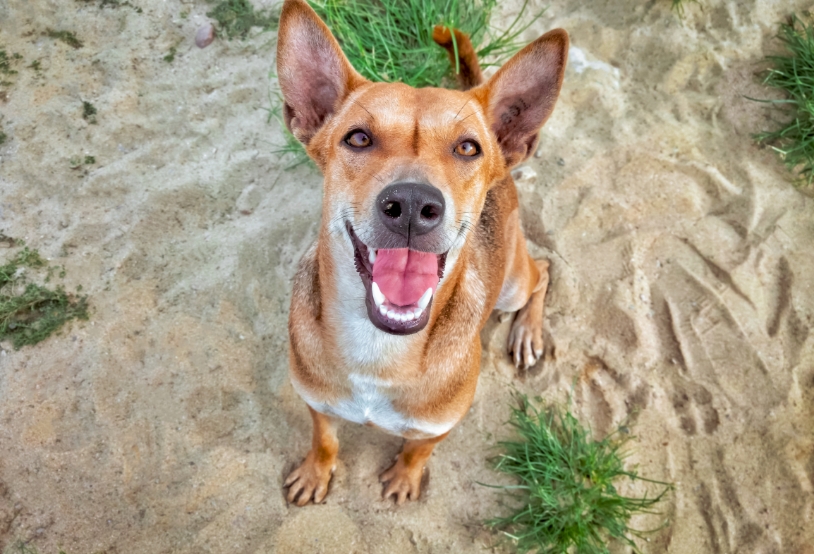
About Puppy Trade
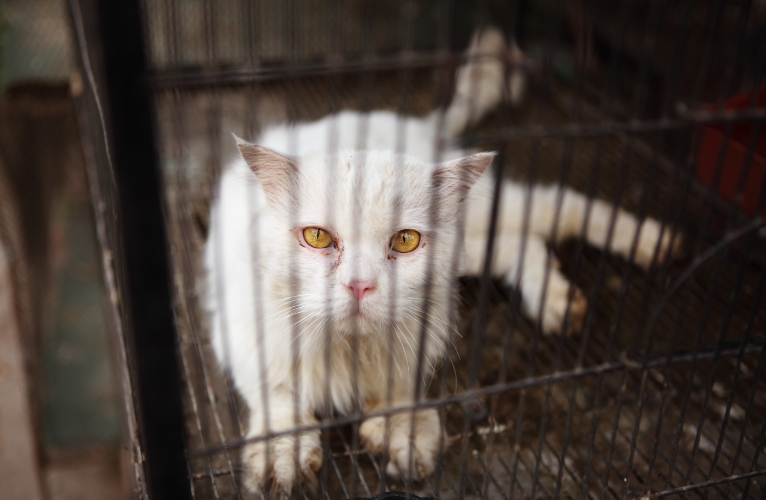
Pet Shops
According to the AFCD, nearly 600 pedigree puppies are sold in Hong Kong’s pet shops every month. If you are planning to buy a puppy from a pet shop, you are supporting a long chain of cruelty.
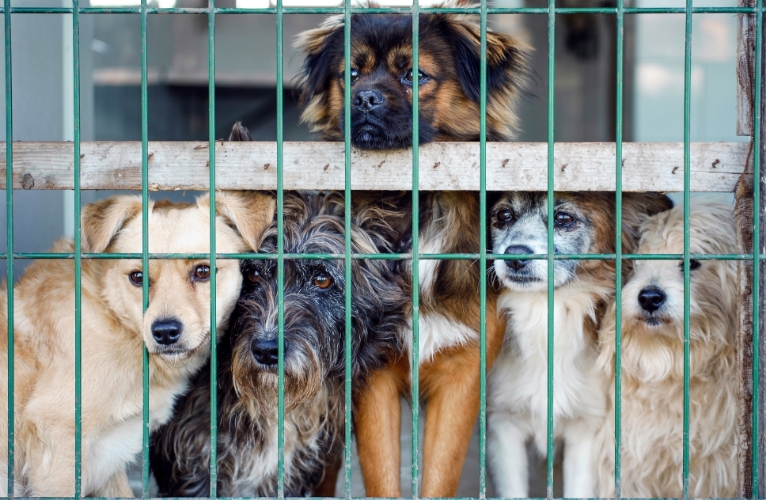
Puppy Mills
Simply put, they are large scale dog breeding operations that aim to produce the most number of puppies for the least cost ...
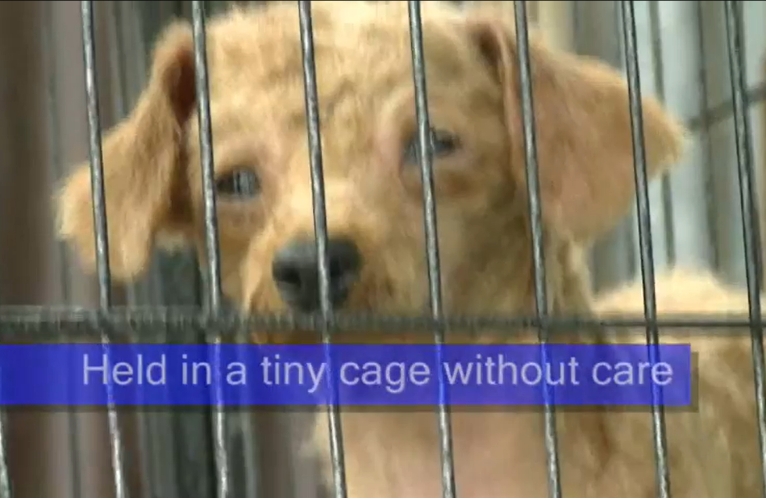
Puppy Farm Raid
The Hong Kong Society for the Prevention of Cruelty to Animals – as we were known in the early days – was formed by a group of volunteers in 1903 who wanted...
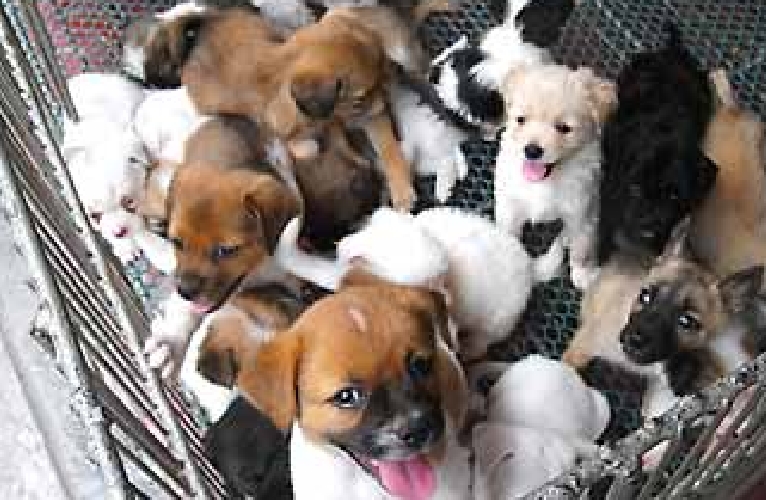
Pet Smuggling
The Dali pet market operates from Monday to Friday and provides wholesale and retail sales of animals, pet accessories, pharmaceuticals and veterinary services. It is also a national ...
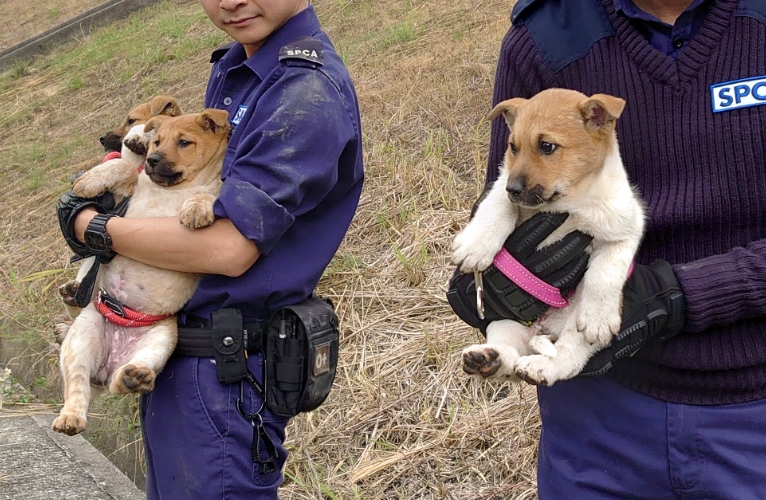
Genetic Illness
Pedigree dogs are a result of selective, restrictive breeding for characteristics that are "aesthetically pleasing” of a particular breed. Unfortunately, these practices have resulted in breeds with ...
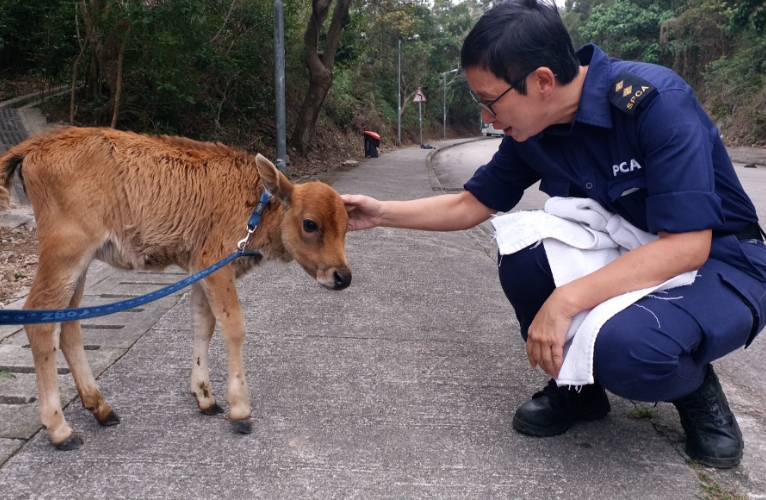
Legislative Changes
For many years, anyone claiming to be a private pet owner was free to sell dogs and puppies. Owners did not need to undergo any licensing or inspections; there were no limitations or ...
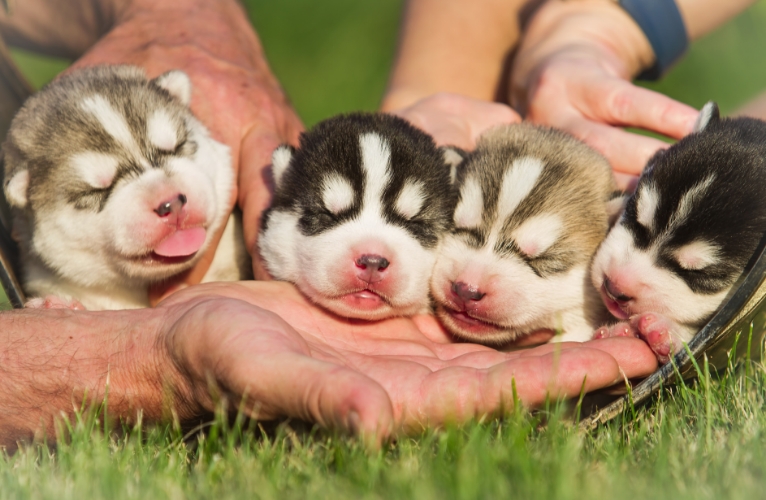
Ban the Breeder
We believe that adoption is the best option. A visit to any one of our Centres will reveal a wide range of dogs available. You may find the breed you are looking for, or fall in love with a wonderful ...
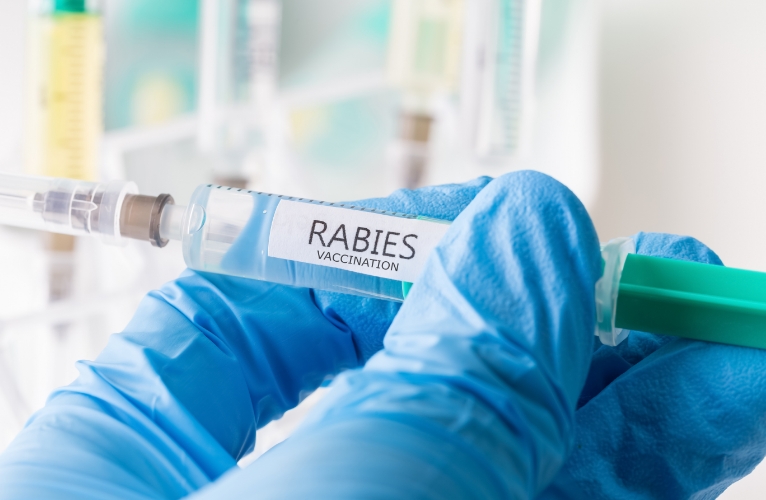
Rabies
Rabies is a zoonotic disease (i.e. one that can be transmitted to humans from animals) that is caused by a virus. It can infect both domestic and wild mammals and is fatal once symptoms ...


